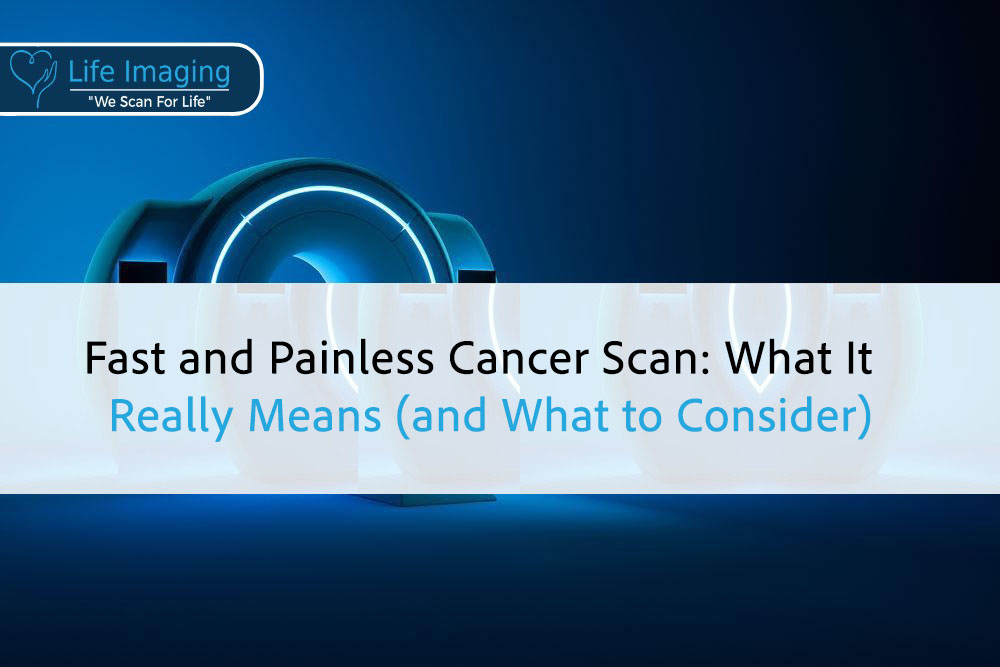
Fast and Painless Cancer Scan: What It Really Means (and What to Consider)
Fast and Painless Cancer Scan: What It Really Means (and

Colon cancer is a serious disease that affects many people around the world. Early detection is key to treating it successfully and improving survival rates. Understanding the different ways to detect colon cancer early can help you stay healthy and catch potential problems before they become severe.
Various screening methods are available to help find colon cancer early. These include colonoscopies, fecal tests, CT colonography, and more. Each method has its pros and cons, and knowing about them can help you make informed decisions about your health. Regular screenings can lead to early diagnosis, which can save lives.
By learning about these detection methods, you can take charge of your health. Screening tests can find colon cancer before symptoms appear, making treatment more effective. This article explores the importance of early detection and highlights the best methods for catching colon cancer early.
Colon cancer starts in the colon or rectum, parts of the digestive system. This type of cancer often begins as small, non-cancerous lumps called polyps. Over time, these polyps can turn into cancer. Regular screenings help find and remove these polyps before they become cancerous.
Several risk factors can increase the likelihood of developing colon cancer. Age is a primary factor; most cases occur in people over 50. A family history of colon cancer can also elevate your risk. Other risk factors include a diet high in red or processed meats, a sedentary lifestyle, smoking, and heavy alcohol use.
Being aware of these risks can help you take preventative measures. Eating a healthy diet with plenty of fruits, vegetables, and whole grains can reduce your risk. Regular exercise and quitting smoking also contribute to better colon health. Understanding these factors is the first step to prevention and early detection.
Early detection of colon cancer significantly improves treatment options and outcomes. When found early, colon cancer is much easier to treat and often curable. Regular screenings can catch cancer before symptoms appear, allowing for less invasive treatments.
Colon cancer often doesn’t show symptoms until it has advanced. By the time symptoms are noticeable, the cancer may have spread, making it harder to treat. Early detection methods like colonoscopies can identify cancer in its initial stages, increasing the chances of successful treatment.
Scheduling regular screenings based on your risk factors is essential for early detection. Discussing your family history and lifestyle with your doctor can help you develop a screening plan. The earlier cancer is found, the better your chances of recovery and survival.
Recognizing the symptoms of colon cancer can help you seek treatment sooner. However, early stages often have no symptoms, making regular screenings crucial. Here are some common symptoms to watch for:
If you notice any of these symptoms, speak with your doctor promptly. Early diagnosis improves the effectiveness of treatment and can help prevent complications.
Understanding when and how often to screen for colon cancer is vital for early detection. Guidelines can vary based on your risk factors. Here’s a general overview:
Discussing your risk factors and health history with your doctor is crucial to developing a screening plan. Regular screenings are the best way to detect colon cancer early and increase your chances of successful treatment.
Colonoscopies are widely regarded as the gold standard for detecting colon cancer. During this procedure, a doctor uses a long, flexible tube with a camera to examine the entire colon and rectum. This allows for a thorough inspection and the removal of any suspicious polyps.
The process starts with a bowel prep to cleanse the colon, making it easier for the doctor to see any abnormalities. Patients are usually sedated to ensure comfort. The scope is inserted through the rectum and carefully navigates through the colon. The camera transmits images to a screen, allowing the doctor to spot any polyps or unusual growths.
Colonoscopies are highly effective because they not only detect cancer but also help prevent it by removing precancerous polyps. This procedure can be life-saving, and it is typically recommended every 10 years for individuals at average risk. Discuss with your doctor whether this screening method is right for you and when you should start.
Fecal tests are non-invasive methods for detecting colon cancer and are often used as an initial screening tool. These tests look for hidden blood or specific DNA markers in your stool that might indicate the presence of cancer.
Fecal tests are convenient because they can be done at home. A sample is collected and sent to a lab for analysis. If the test results are positive, a follow-up colonoscopy is usually recommended to confirm the findings. While not as comprehensive as a colonoscopy, fecal tests are valuable for early detection and can prompt further investigation.
CT colonography, also known as virtual colonoscopy, is a less invasive alternative to traditional colonoscopy. This method uses a CT scanner to take cross-sectional images of the colon and rectum. These images are then assembled to create a detailed, three-dimensional view.
The preparation for a CT colonography is similar to that of a traditional colonoscopy, involving a bowel cleanse. During the procedure, a small tube is inserted into the rectum to inflate the colon with air. This helps create clearer images. The patient then lies on a table that moves through the CT scanner.
CT colonography is quick and typically takes about 10-15 minutes. It doesn’t require sedation, and recovery time is minimal. However, if polyps or other abnormalities are found, a traditional colonoscopy will be needed to remove them. CT colonography is a good option for those who are unable or unwilling to undergo a traditional colonoscopy.
Sigmoidoscopy is another screening option for colon cancer that is less invasive than a full colonoscopy. This procedure examines the rectum and the lower part of the colon using a flexible tube with a camera, called a sigmoidoscope.
Bowel prep is still required, but it’s usually less extensive than for a full colonoscopy. During the procedure, the sigmoidoscope is inserted through the rectum to inspect the lower colon. Patients may experience some discomfort, but sedation is not always necessary.
While sigmoidoscopy doesn’t provide a full view of the entire colon, it’s effective for detecting problems in the lower portion. If any polyps or cancer signs are found, a full colonoscopy may be recommended for a complete examination. Sigmoidoscopy can be a good choice for those looking for a less invasive initial screening method.
Genetic testing plays a critical role in understanding your risk for colon cancer. By identifying specific genetic mutations, doctors can better assess individual risk levels and recommend appropriate preventative measures.
If you have a family history of colon cancer or related syndromes, discuss genetic testing with your healthcare provider as part of your comprehensive cancer screening plan.
Advancements in technology are improving the early detection of colon cancer, offering more accurate and less invasive options. Here are some of the emerging technologies:
These emerging technologies continue to evolve, showing promise in making colon cancer screening more effective and accessible.
Choosing the right method for colon cancer detection can depend on various factors, including accuracy, invasiveness, and convenience. Here’s a comparison of common detection methods:
Discussing these options with your healthcare provider helps you choose the method that best suits your health needs and comfort level.
Proper preparation is essential for effective colon cancer screening. Here are key tips and guidelines to ensure you’re ready for your test:
Preparing thoroughly ensures a smooth process and helps achieve the most accurate results, setting you up for effective colon cancer prevention or treatment if necessary.
Early detection of colon cancer significantly enhances treatment success and survival rates. By understanding genetic testing, staying updated on emerging detection technologies, and comparing various screening methods, you can make informed decisions about your health. Proper preparation for colon cancer screenings is crucial for obtaining accurate results and ensuring a smooth process.
Taking control of your colon health involves proactive steps, including choosing the right detection method and following preparation guidelines carefully. Comprehensive screening tailored to your needs can lead to early intervention and successful treatment outcomes.
Schedule your colon cancer screening in Orlando, FL, with Life Imaging Fla today to take a crucial step toward proactive health management. Early detection and timely action can save lives. Prioritize your health and ensure peace of mind by contacting us now!

Fast and Painless Cancer Scan: What It Really Means (and
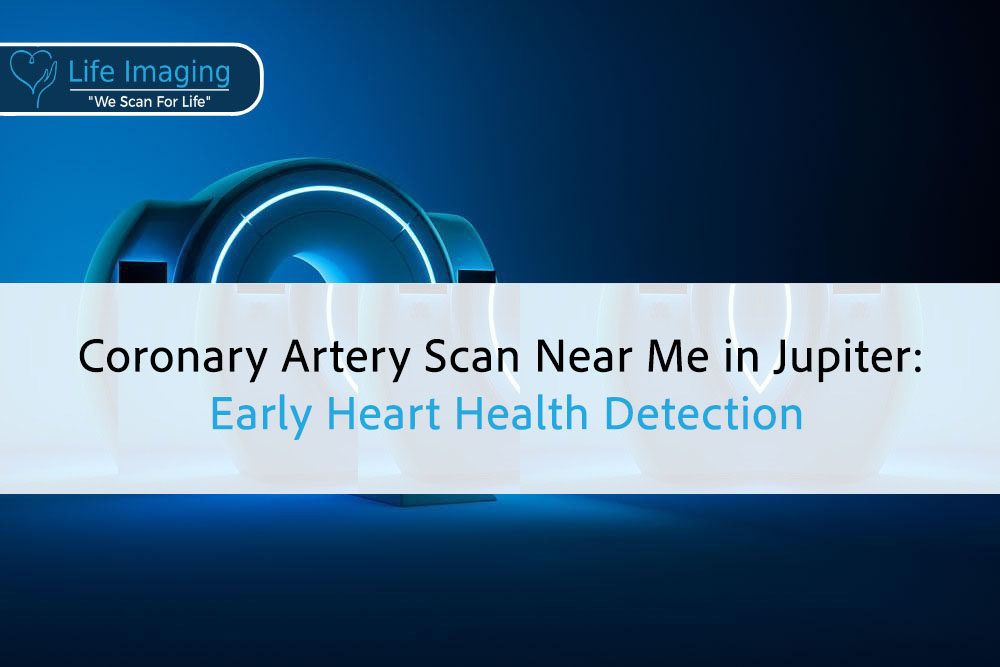
Introduction Your heart works hard every second of the day,
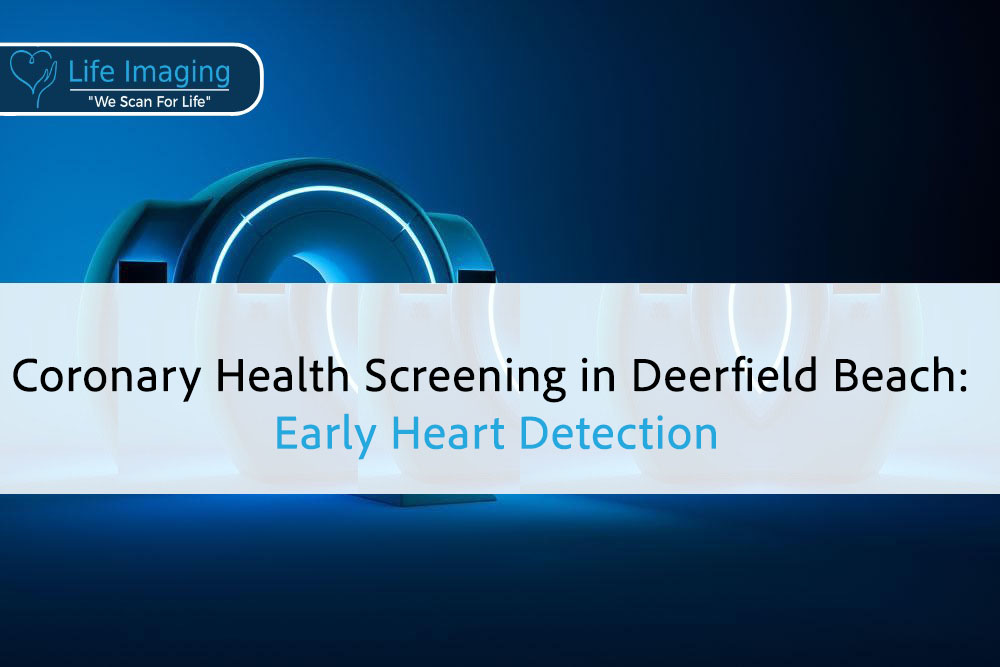
Introduction Your heart works around the clock, but changes inside

Introduction Your heart works nonstop, often without a single complaint.
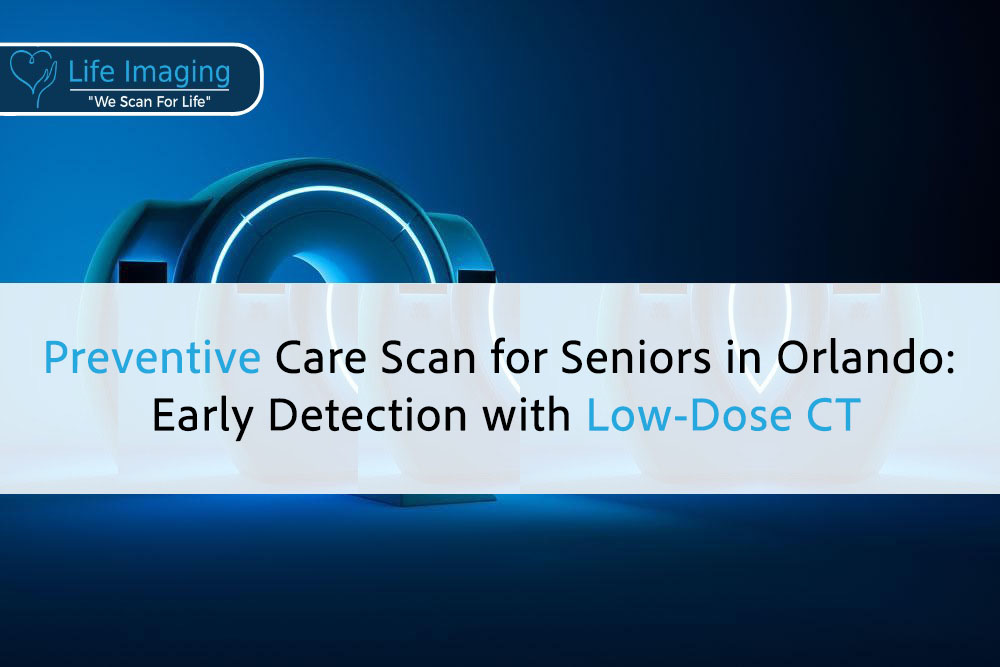
Introduction The best part of getting older is having time
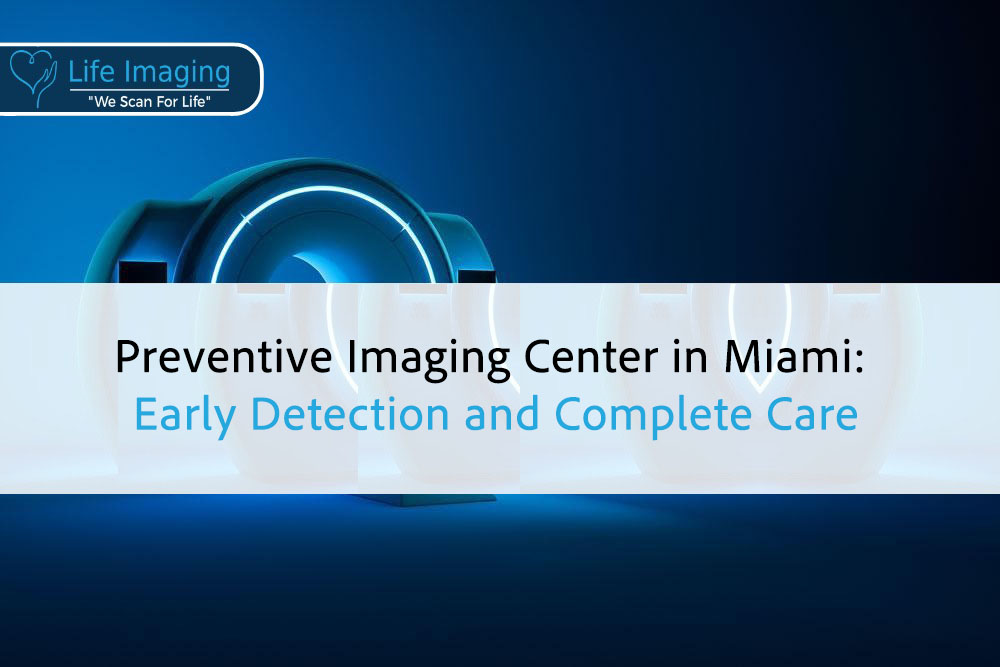
Introduction Good health isn’t just about treating problems, it’s about

* Get your free heart scan by confirming a few minimum requirements.
Our team will verify that you qualify before your scan is booked.
Copyright © 2025 Life Imaging – All Rights Reserved